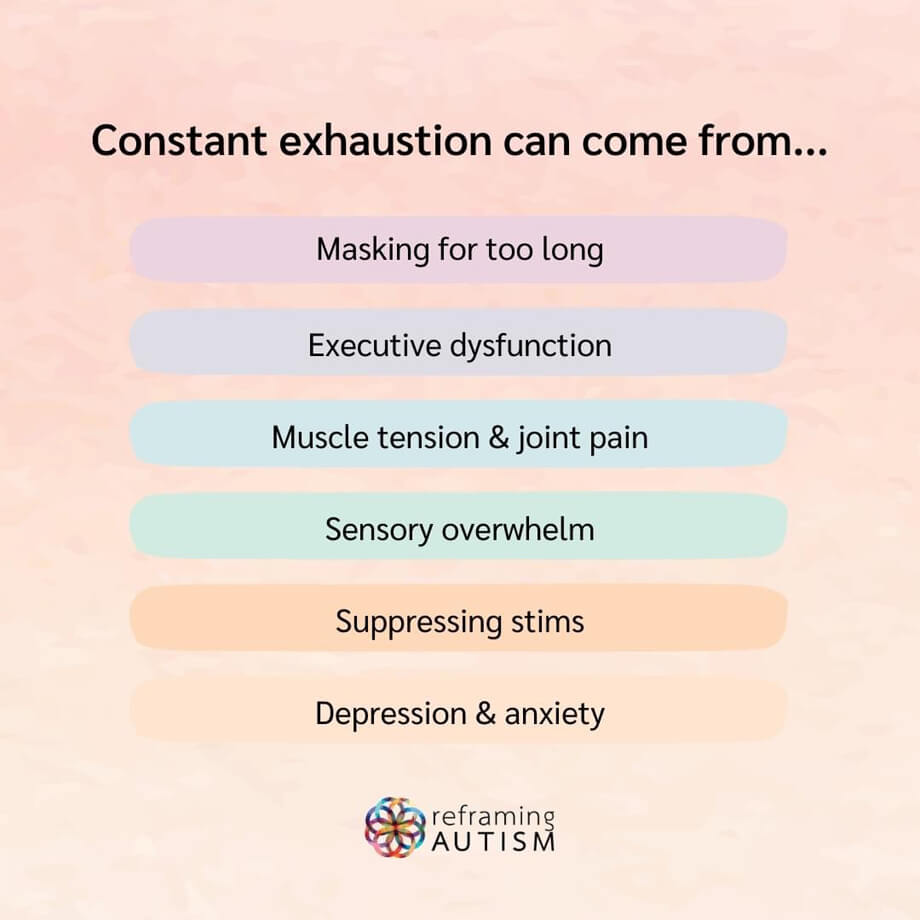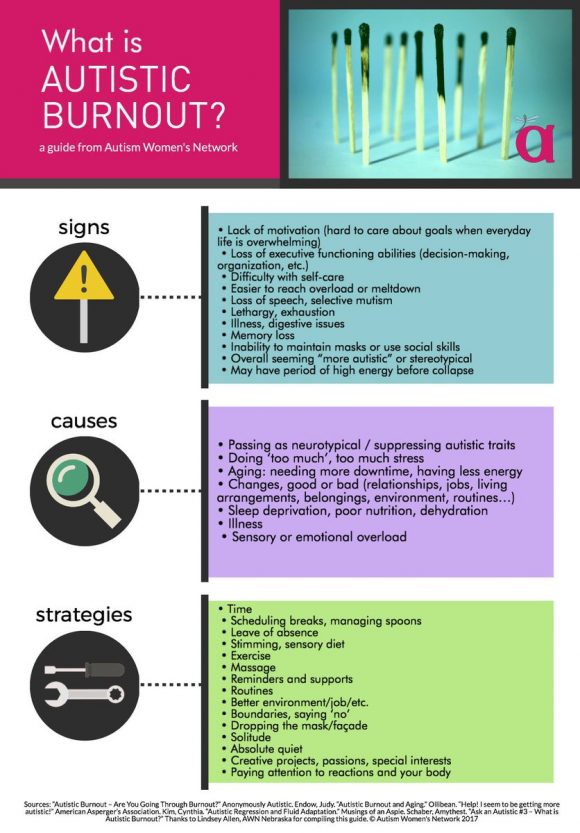A Distinction Between Avoidance Behaviours, Social Fatigue And Burn Out
Avoidance
Struggling with personal pain is like trying to get out of a Chinese finger trap. In the first session of treatment I educate clients that it is our stories about distress and attempts to escape from it, that can amplify our pain and leave us feeling stuck. The Chinese finger trap (a woven bamboo tube) is a tool that I use to demonstrate that when you try to escape being in the finger trap by pulling away, it constricts, trapping your fingers. When you push your fingers into the Chinese finger trap, rather than pulling away from the discomfort of feeling trapped, it creates space and you can set your fingers free. Clients can visualize that when we learn to lean into discomfort and make room for it in an open and curious manner (as opposed to a sole focus on trying to escape) we make room for healthier ways of relating to distress.
Gaining an awareness of the common triggers of distress and understanding the warning signs (that is the feelings, thought, physical sensations and behavioural urges or actions) that signal that we are experiencing distress. Once you become aware of your triggers and warning signs you are in a better position to apply helpful coping strategies Learning to be mindful of your emotions in a curious and non-judgmental manner allows clients to change how they pay attention to an emotion and sets the framework for managing distress in a healthy way This process also involves a commitment to dropping escape methods (situational avoidance, reassurance seeking or checking, distraction and suppression, self-medicating with alcohol or drugs, binge eating, disengaging and isolating self, etc.) that are usually unhelpful habits applied when we become distressed.


Social Fatigue
Autistic individuals are acutely aware of their differences energetically, physically, emotionally and mentally, which gives them a remarkable view of the world and strengths (of which there are many). When the Autistic mind is overwhelmed, flooding presents as hypersensitivities, rigidity in thinking, intolerance to uncertainty, routines, rituals, and perfectionism. Meltdowns eventuate when the Autistic person has exhausted their strategies for responding, including seeking help. Once a person is flooded with anxiety and their executive functioning is reduced, it is important to focus on two things – self-care (e.g., reducing the physiological sensation of feeling flooded with an emotion) and what will happen next (e.g., a sensory break).
When an Autistic person is tired and overwhelmed it may feel like they pre-set and practice for what could happen at any given moment. Social fatigue and masking can lead to significant fatigue and an inability to function (described as a need to shut down).
https://musingsofanaspie.com/2014/10/15/conserving-spoons/ Please find below a lived experience of the adverse impact of Masking – Please find below an article describing energy accounting – Respecting your needs and embracing your authentic self helps to foster genuine connections with the self and others.
https://spectrumnews.org/features/deep-dive/costs-camouflaging-autism/
https://medium.com/age-of-awareness/the-energy-accounting-activity-for-autism-3a245e34bdfb
Burnout


Please find below an article that describes the adverse impact of masking –https://boren.blog/2017/01/26/autistic-burnout-the-cost-of-coping-and-passing/
Autistic Burnout explained https://www.spectrumnews.org/news/autistic-burnout-explained/
“Autistic burnout is a state of physical and mental fatigue, heightened stress, and diminished capacity to manage life skills, sensory input, and/or social interactions, which comes from years of being severely overtaxed by the strain of trying to live up to demands that are out of sync with our needs” (Raymaker, M.D.)”. To learn more, please refer to the visual guide below produced by the Autistic Women’s Network that highlights signs, causes, and strategies in relation to Autistic Burnout.

I would like to reference the work of Kieren (the Autistic advocate) who so eloquently describes the experience of Autistic burn out -Please note, trigger warning – content includes a discussion of suicidal ideation.https://theautisticadvocate.com/2018/05/an-autistic-burnout/
Please find below a link to eggshell therapy: Imi Lo’s work on Emotional Sensitivity and Intensity. Imi Lo is an award-winning Psychotherapist, a published author, teacher and podcast host.
https://www.eggshelltherapy.com/overexcited/
Please note, if you are experiencing significant emotional difficulties, you should contact your GP to obtain a referral to see a qualified professional.
DSM-V Diagnosis provides the key to understanding, resources and support. A Functional Legacy Mindset should not be used to replace a face to face clinical interview to assess diagnosis of mental health concerns and material on this website does not provide medical advice, diagnosis or treatment. If you are experiencing significant emotional difficulties, you should contact your GP to obtain a referral to see a qualified professional. A Functional Legacy Mindset was designed to address environmental factors that may be adversely impacting neurodivergent minds. When you build a healthy self-concept, clients are eager to learn and are more likely to develop a self-compassionate mindset that acknowledges that support is vital and needed. It further promotes a sense of purpose, in which clients feel empowered to embrace their unique strengths and abilities to contribute to society in ways that feel authentic and meaningful to them. Neurodivergent clients have an admirable level of psychological grit.
The Functional Legacy Mindset™ approach was designed by Dr Kerry Chillemi (Clinical Psychologist) to
- Educate people on how different minds function (to embrace their strengths) and the legacy of such minds in terms of the benefits to society. The different minds that will be discussed includes; The Focused Mind, The Awe of the Autistic Mind, The Problem-Solving Mind, The Existential Mind, and The Entrepreneurial Mind.
- Acknowledge the contributions and richness (the unique constellations of strengths and challenges) of each of these minds and advocate for accommodations in schools and workplaces.
- Explain how the narratives that dominate these minds plays an important role in the mental health and wellbeing of our clients. The theory of a Functional Legacy Mindset™ approach is grounded by the therapeutic benefits of integrating a healthy sense of self (embracing the authentic self).
- Educate people that blocking your emotions and masking (repression of emotions and camouflaging) can lead to burn out. Diagnosis provides understanding, resources and support.
- Educate people that blocking your emotions and masking (repression of emotions and camouflaging) can lead to burn out. Diagnosis provides understanding, resources and support.
- Address environmental factors that may be adversely impacting different minds and propose that the way forward is to systematically process information obtained from the lived experience of neurodivergent clients to learn more about the adverse impact of blocking and masking.

